Amber – Phone Charging Station
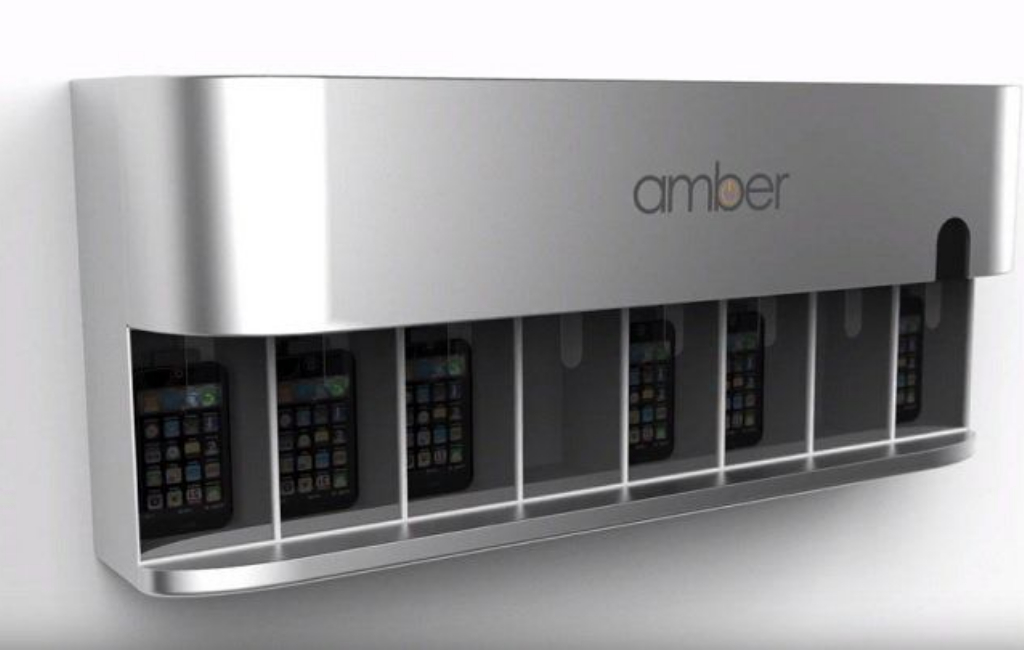
NO DEAL
EPISODE SUMMARY
🕓 Air Date: September 26, 2014
Asking For:
$200,000 for 20%
Investor:
No Deal
Deal:
No Deal
PRODUCT SUMMARY
Amber is a free, secure mobile-phone charging station with biometric scanning, targeting venues like bars, restaurants, gyms, and theaters.
WATCH HERE
IN A RUSH?
Click these to jump to the section you want to read.
Background Story
Amber, the brainchild of recent college graduates Bill Shuey and Kyle Byrd, originated at James Madison University in Virginia. Frustrated by the all-too-familiar scenario of phones running out of battery in public spaces, Bill and Kyle envisioned a solution that would eliminate the need for patrons to surrender their phones to bartenders or waitstaff for charging. Graduating just a few weeks ago, the duo leveraged their college budget, pooling resources of around $11,000, to kickstart the development of Amber.

Bill Shuey, serving as the CEO, brings a blend of entrepreneurial spirit and technical acumen to the venture. His leadership is complemented by Kyle Byrd, the Head of Products, who contributes a wealth of product development expertise. The idea for Amber emerged from the founders’ own experiences at airports, where the inconvenience of charging devices sparked the realization that there had to be a more efficient and secure way to keep phones powered up in public spaces.

Their vision culminated in the creation of Amber, a mobile-phone charging station that not only provides a free and secure solution for users but also aims to generate revenue for venues by prolonging customer stays and enhancing overall experiences. The fingerprint scanning technology used for securing devices in the seven compartments reflects the founders’ commitment to both security and simplicity. As recent graduates stepping into the entrepreneurial realm, Bill and Kyle sought a $200,000 investment from the sharks to propel Amber into venues nationwide, marking the next step in their journey to address a ubiquitous modern challenge.

The Product
Amber, a cutting-edge mobile-phone charging station, redefines the way users recharge their devices in public spaces. The sleek and secure unit features seven individual compartments, each equipped with a state-of-the-art fingerprint scanning system. Users simply walk up to the station, scan their fingerprint to secure their device in one of the compartments, and upon completion, re-scan their fingerprint to unlock and retrieve their phone.
The intuitive design ensures a seamless and hassle-free experience. Ideal for venues such as bars, restaurants, gyms, movie theaters, and arenas, Amber addresses the common problem of patrons needing to charge their phones without resorting to handing them over to staff.
The founders envision placing Amber units strategically in these locations, offering two pricing models—a one-time purchase option at $2,000 or a convenient monthly lease for $150. The benefits of Amber extend beyond the convenience of free, secure charging. By keeping patrons engaged and eliminating the need for them to leave to charge their phones, venues stand to benefit from increased customer retention and a heightened overall customer experience.
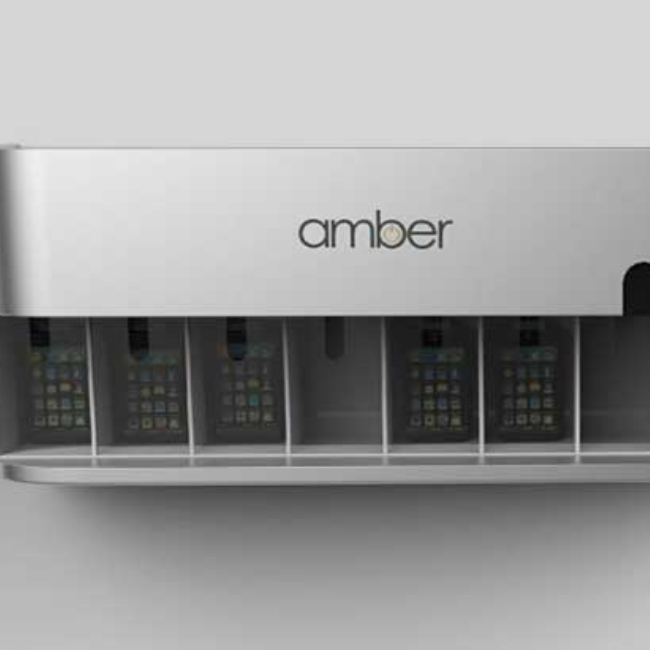
How It Went
The company’s position before Shark Tank
Amber, at its current stage, is a pre-revenue startup, having recently graduated from college with a modest budget of approximately $11,000. The founders, Bill Shuey and Kyle Byrd, have invested this amount in developing the prototype and conducting necessary testing. While the company is in its early stages, it has garnered interest from festivals and larger-scale venues, indicating a potential market demand for their innovative charging solution. At present, Amber operates without external funding and relies on the founders’ initial investment for development and testing.
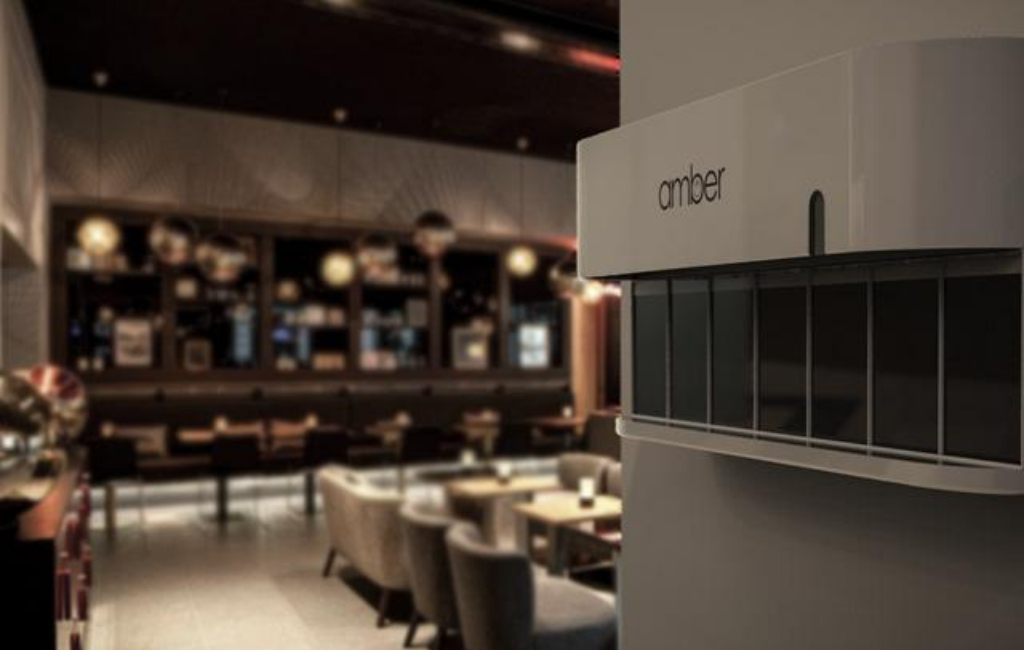
The company is seeking a $200,000 investment from the sharks to facilitate its first significant expansion into venues across the nation. Amber has not disclosed specific partnerships or collaborations at this early stage. However, the founders have expressed interest in placing their charging stations in bars, restaurants, gyms, movie theaters, arenas, and other public spaces. Their target market includes both venue owners seeking to enhance customer experience and individuals looking for a secure and convenient way to charge their phones.
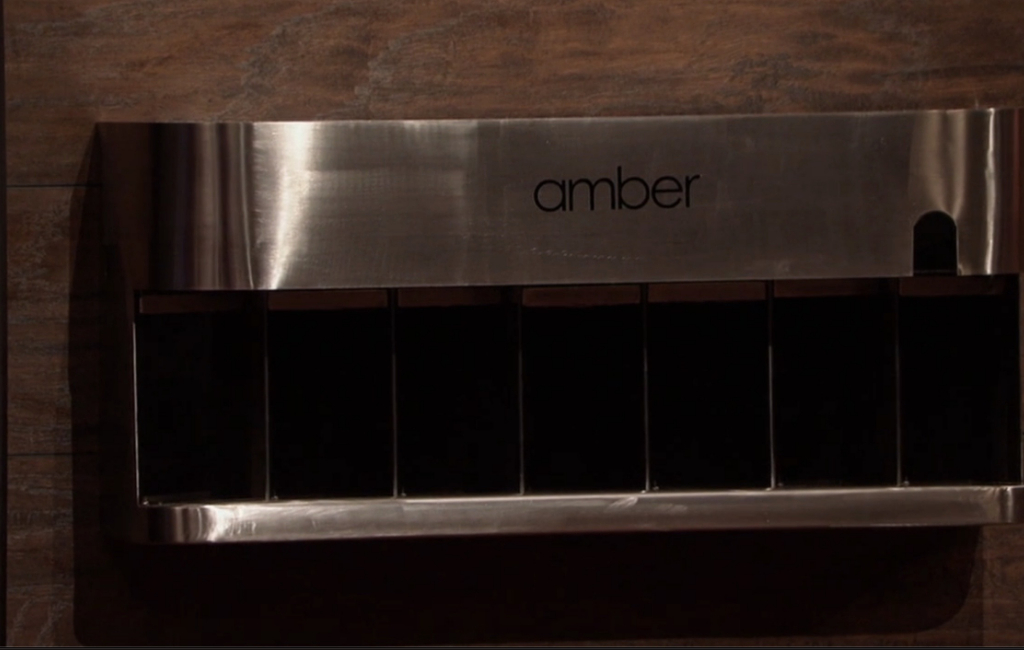
The company’s current structure, beyond the co-founder roles of Bill Shuey as CEO and Kyle Byrd as Head of Products, remains undisclosed. As a startup in the pre-revenue phase, Amber’s financial health is yet to be established, with profits and losses contingent on successful market penetration and adoption of their charging stations. The $200,000 investment sought from the sharks will play a crucial role in determining the company’s trajectory, providing the necessary capital to scale operations, secure partnerships, and establish Amber as a prominent player in the mobile-phone charging solutions market.
The Negotiations:
In the Shark Tank, the negotiations for Amber were fraught with skepticism from the sharks, ultimately leading to a unanimous decision against investment. Bill Shuey and Kyle Byrd sought $200,000 for a 20% equity stake in their pre-revenue startup. The sharks immediately raised concerns about the high cost of the units, priced at $2,000 outright or available through a $150 monthly lease. Mark Cuban and Kevin O’Leary expressed doubts about the feasibility of the fingerprint scanning technology, highlighting potential issues in real-world scenarios, especially in crowded and less-than-ideal environments.
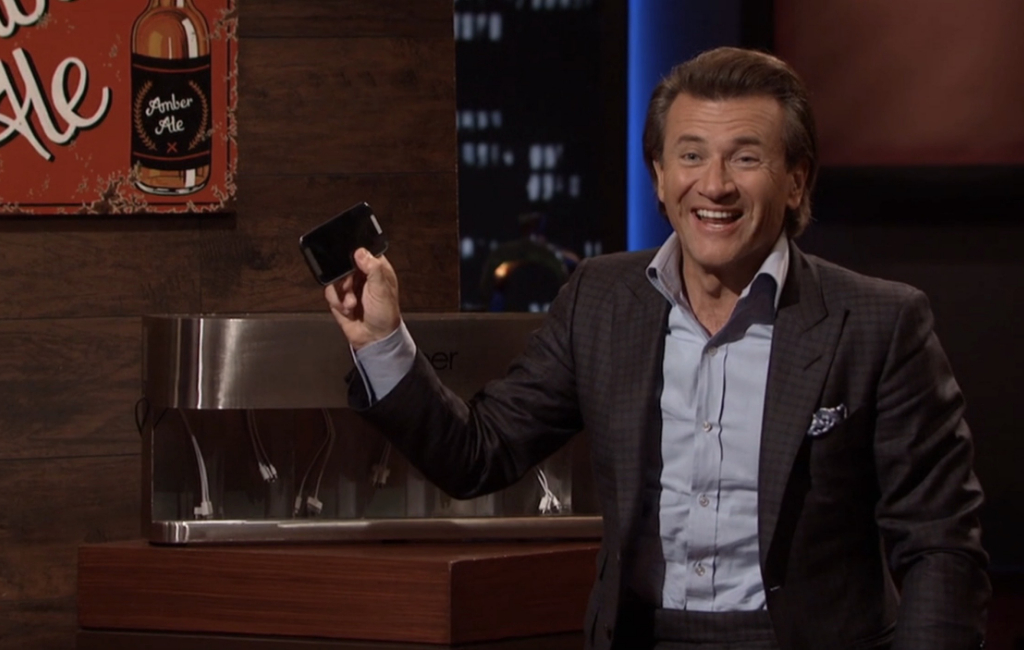
Robert Herjavec questioned the premise of the business model, pointing out that venues could opt for free charging alternatives rather than investing in a costly charging station. Lori Greiner echoed this sentiment, emphasizing the abundance of personal charging devices in the market, questioning the necessity of Amber. Despite Bill and Kyle’s attempts to address these concerns and emphasize the potential revenue generation for venues, the sharks remained unconvinced.

As the negotiations progressed, each shark sequentially declared their lack of interest in investing in Amber. Mark Cuban stressed the need for a substantially lower cost for the product to be competitive. The negotiations concluded with all sharks opting out, citing issues ranging from the high cost to doubts about the efficiency of the fingerprint scanning technology. Despite the rejection, the founders expressed gratitude for the sharks’ time and left the Tank with the realization that refining their business model and addressing the sharks’ concerns would be crucial for Amber’s future success.






